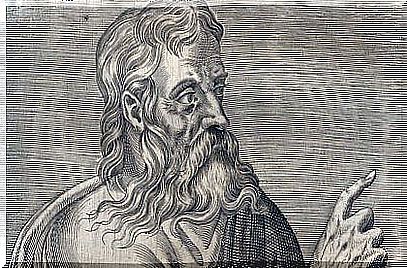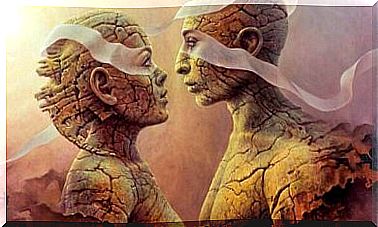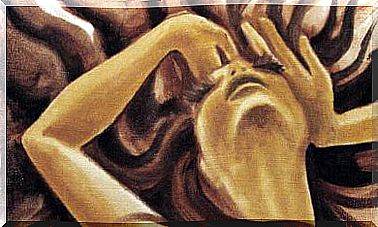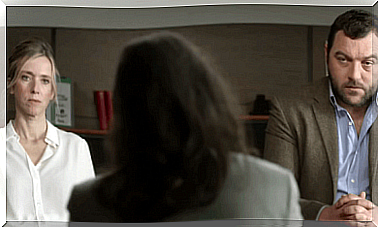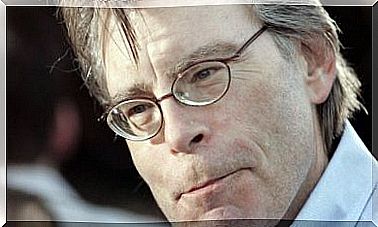A Small Revolution Through The Sentences Of Bakunin
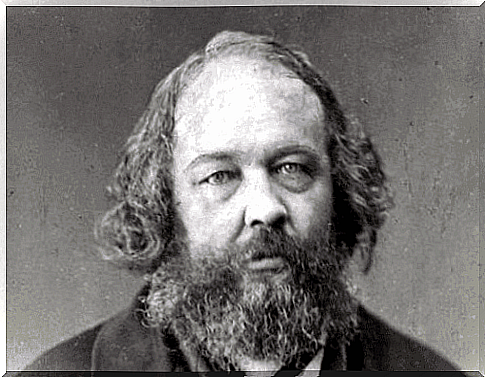
Bakunin’s sentences scandalized his contemporaries and, strange as it may sound, continue to surprise many in the news. This Russian man is considered to be the father of anarchism and one of the greatest representatives of atheism.
Mijail Bakounine was a very sympathetic philosopher, who liked to make new friendships and enjoyed the bohemian life. He was also a great admirer of Hegel, who criticized the despotic actions of the Russian Tsar in the 19th century. He was not so much a supporter of the ideas of Karl Marx, which he considered to be authoritarian.
In Bakunin’s sentences, we find reflections about very varied human realities. However, it is obvious that this philosopher is particularly interested in the theme of power. Above all, it calls into question the power of the state and of religion. So here are some of his more interesting claims.
There is no infallible authority
This is one of Bakunin’s most iconic phrases. It perfectly sums up his point of view in relation to power. Through this affirmation, he declares his eternal irreverence in the face of any type of absolute authority.
If there were infallible authority, freedom would be just a word. This authority would be in charge of indicating what should or should not be done. So why use individual reason if authority already has the truth?
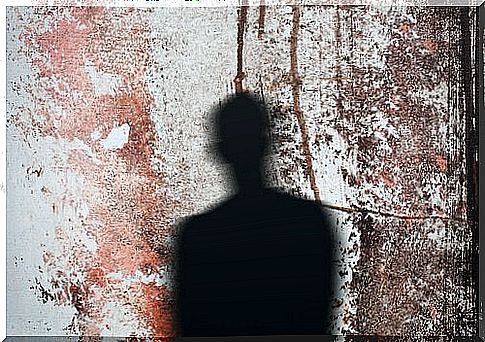
The plurality of gods
This sentence from Bakunin can be shocking to believing people. Beyond religious beliefs, this statement can be divided into two parts. In the first, Bakunin exposes similarities between monotheism and absolutism.
In the second, he displays the contrast between good and evil, as a logical contradiction. And morally deplorable. He thus declares that good and evil are relative concepts and that they never exist in a pure state. True ethics are thoughtful, not imposed.
Freedom is collective
Through this affirmation, Bakunin refers to a fundamental point. Freedom is a good that only exists in society. An isolated individual cannot speak of freedom because he has no point of reference from which he can become free.
Freedom is social because power is also a social phenomenon. These two concepts complement and coexist. We are free to the extent that there is a self-determination which does not imply exclusion or isolation.
Another sentence from Bakunin on freedom
In this sentence, Bakunin insists on the collective sense of freedom. This means that when individual freedom is defined in the oppression or slavery of other people, it cannot be called freedom in the strict sense of the term.
For a person to be fully free, it is necessary that no constraint exists. The freedoms of others must not be restricted either. Thus, a free society is a society where everyone can self-determine, without subjection to others.
Sacred duty
Bakunin’s philosophy of anarchism is evident in this sentence. Contrary to what some people might believe, the father of anarchy did not promote disorder but autonomy and self-determination.
The word anarchy is sometimes used confusedly. It is believed to be synonymous with chaos and debauchery. However, in its essence, this term refers to the desire to abolish all forms of authoritarianism.

Political freedom and economic freedom
It is an idea of the XIXth which, two centuries later, is still very present. Bakunin tells us about the deep relationship between the political world and the economic world, especially in terms of freedom.
Economic equality is one of the ideals of socialism. More than an absolute, he refers to this idea when speaking of the abolition of the exploiters and the exploited. Because whoever depends on others for survival has no real political freedom.
A blow is a blow
One could consider this sentence of Bakunin as one of his most visionary. In his time, socialist or communist regimes did not exist. They appeared a bit later, although sometimes it was only formal.
Bakunin already imagines all this and questions the repressive capacity of these supposedly egalitarian regimes. Quite often, these are powers that act on behalf of the people but that prevail in the same way as the systems that create or maintain inequality.
Bakunin’s point of view could be seen as more ethical than political or economic. His absolute rejection of a form of power is more ideal (utopian) than real. Is it really within the reach of the people? It is still interesting to read it and know his way of thinking.
